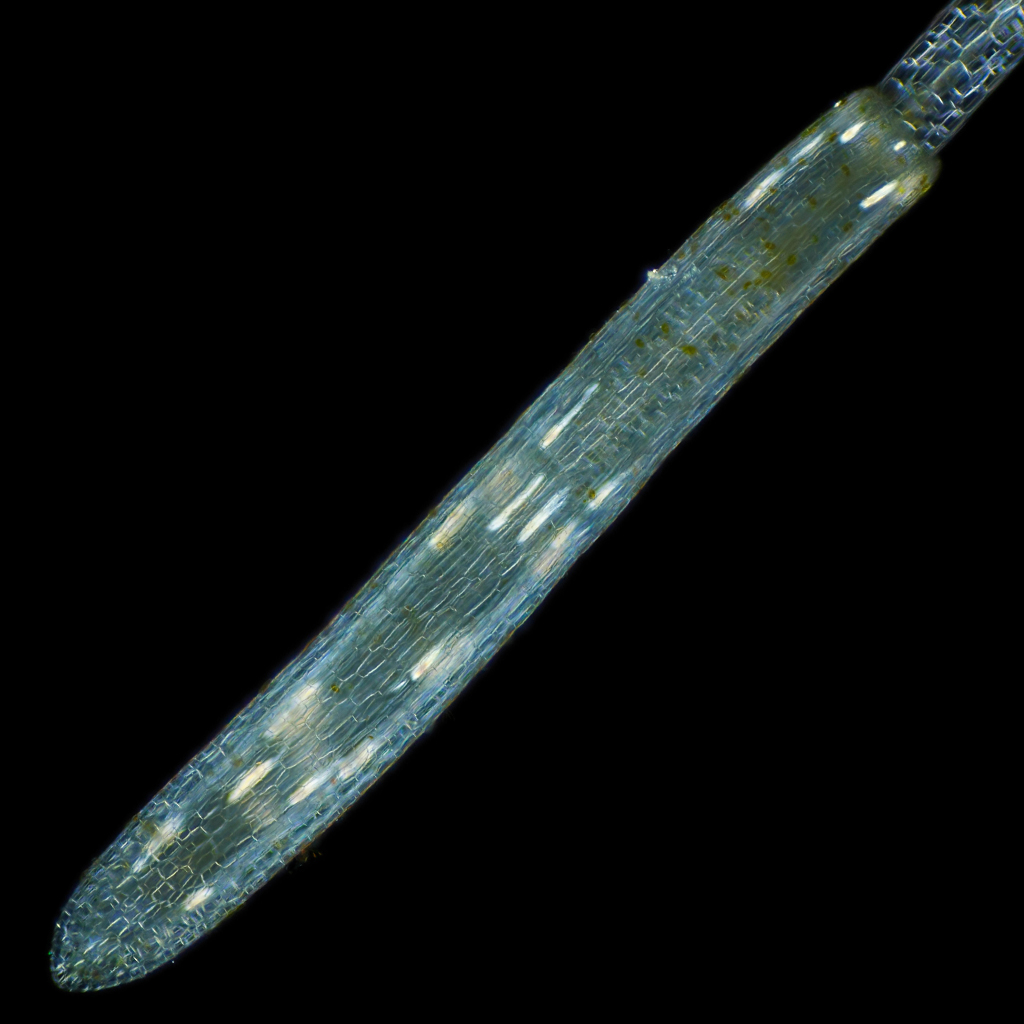Brillouin Microscopy in plant physiology
Brillouin Microscopy is enhancing the study of plant physiology by enabling non-invasive measurements of the mechanical properties of plant cells and tissues. This method allows researchers to precisely assess how plants respond to environmental factors like wind and water shortages. By integrating Brillouin Microscopy with traditional plant physiology techniques, scientists can better understand plant development and stress responses, aiding in agricultural improvements and crop resilience.
Arabidopsis root biomechanical structure
Brillouin Microscopy can be used to assess the viscoelastic properties of cell walls in different root zones in vivo and non-invasively. This technique has been instrumental in revealing how the overexpression of expansins, alters cell wall stiffness and consequently affects root growth dynamics. By providing high-resolution, quantitative data on cell wall mechanics, Brillouin Microscopy enables researchers to link molecular changes, like hormone-regulated expansin expression, to their biomechanical impacts, thereby offering insights into how cell wall properties influence overall root development and response to environmental stimuli.


